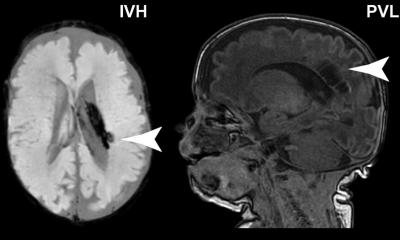Semen can worsen cervical cancer
UK - Cervical cancer could be aggravated by a hormone-like molecule - prostaglandin - found in semen, according to a team of scientists led by Dr Henry Jabbour at the Medical Research Council's Human Reproductive Sciences Unit.
The researchers also found that the high concentration of prostaglandin in semen makes other diseases of the female reproductive organs worse - including uterine cancer. The team explained that prostaglandins in semen can influence the progression of cervical and uterine cancers by enhancing tumour growth.
Cells lining the female reproductive organs naturally produce prostaglandin, which helps to regulate cell growth (e.g. messages passed from cell to cell by prostaglandin molecules direct the womb lining to either thicken or shed during a menstrual cycle). However, the concentration of prostaglandin in seminal fluid is 1,000 times higher than that normally found in these cells.
Prostaglandin receptor molecules are present on the surface of cells that make up cervical and uterine cancer tumours. The influx of prostaglandin delivered by semen enhances the normal level of signalling between cells. The high volume starts new cascades of signals that eventually lead to an increase in tumour growth.
Prostaglandins do not cause cervical cancer; it usually is triggered by long-term human papilloma virus infection. However, the MRC research shows that seminal fluid can contribute to tumour growth. ‘Sexually active women who are at risk of cervical or uterine cancer should encourage their partners to wear a condom to prevent increased exposure to the prostaglandins that might make their condition worse,’
Dr Jabbour cautioned. ‘It also highlights the potential for a new therapeutic approach that will tackle both possible sources of prostaglandin, those produced naturally by women and those introduced to the body by sperm.’
17.11.2006





